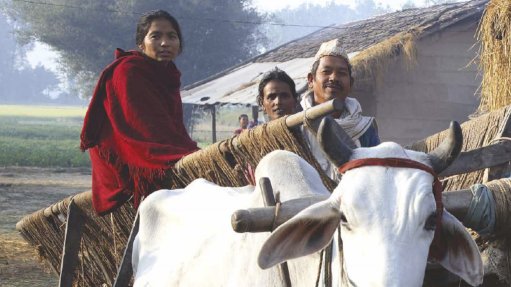
Intersectional approaches recognise that ‘people have different identities, needs, priorities and capacities which are not static, and will shift and change over time – affecting their ability to prepare for, cope with and respond to natural hazards and climate variability’.
Building on the scoping study ‘Intersectional approaches to vulnerability reduction and resilience-building’, this paper aims to better understand different factors that influence people’s vulnerabilities and resilience to natural hazards and climate change/ variability, through a gender lens, while also taking a perspective that is more intersectional. This package or research aims to inform institutional policy and operational practice around intersectional approaches to vulnerability reduction and resilience-building.
Working with two projects under the the Building Resilience and Adaptation to Climate Extremes and Disasters (BRACED) programme, the research looks at the application of intersectional approaches in vulnerability reduction and resilience building, with case studies from Nepal and Kenya. The research explores vulnerability and resilience beyond the women/men binary, testing an innovative methodology to compare people’s resilience by disaggregating different variables.
Report by the Overseas Development Institute